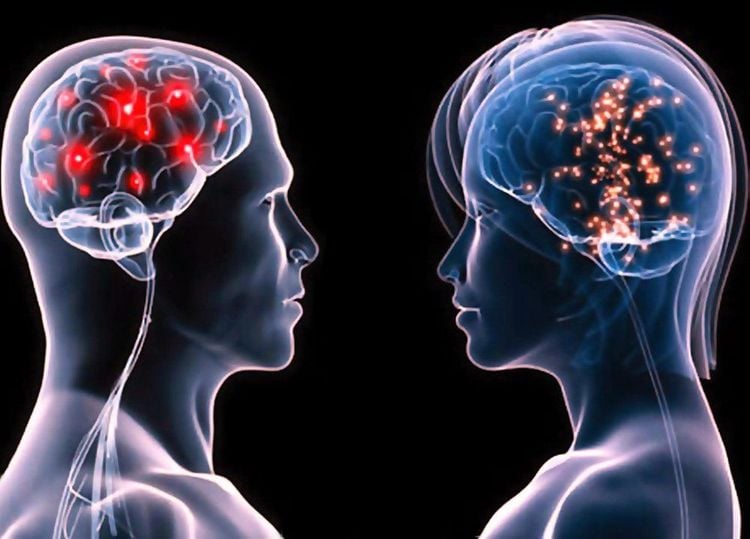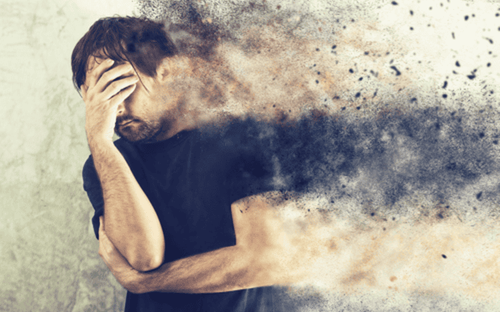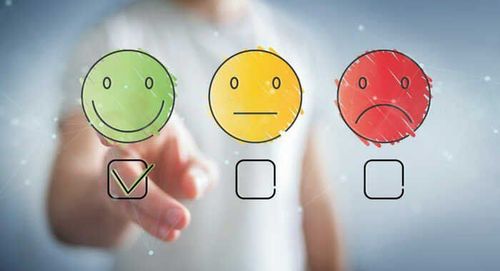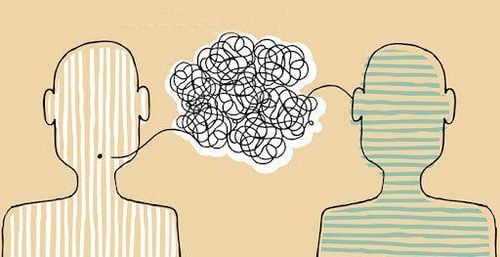This is an automatically translated article.
You have a very funny boy who tells a lot of stories that make you laugh. You feel happy every time you hear a good thing. However, are there times when suddenly sad, or angry? You wonder: why did your feelings change? What made it happen? The answer is our brain. So how does the brain control our emotions?Video content is professionally consulted by a Doctor of Examination & Internal Medicine - Vinmec Central Park International General Hospital
1. Brain and brain activity
The brain is considered the jewel and also the most complex part of the body, weighing 1.36kg and the place to create intelligence, the ability to perceive oneself and the surrounding environment through the senses. organs, controls behavior as well as other activities of the body.The brain governs most of the body's vital activities, including controlling and processing emotions. Currently, scientists are still learning about the role of certain specific parts of the brain in controlling basic human emotions.
The limbic system is a group of interconnected structures located deep in the brain that control emotions and behavior. Although scientists do not yet agree on the complete composition of the parts that make up the limbic system, the structures that have been agreed include:
● Hypothalamus: a small central region brain, located between the pituitary gland and the thalamus. In addition to controlling emotions, the hypothalamus is involved in sexual responses, hormone release, and body temperature regulation.
● How do we preserve memories? That's thanks to the hippocampus: The hippocampus helps create and retrieve memories. It also helps people navigate through space.
Amygdala: The amygdala helps the body create a variety of different reactions to things and phenomena in the environment, especially situations that cause intense emotional stimulation. It plays an important role in controlling fear and anger.
● The limbic cortex: The corpus callosum consists of 2 structures, the cingulate gyrus and the parahippocampal gyrus. Together, they affect a person's mood, behavioral motivation, and judgment.
From a biological point of view, fear is an emotion that helps the body create a response to “possibly” unsafe situations or warnings of danger.
This response is produced by the amygdala, followed by the hypothalamus. This is why some people with amygdala damage sometimes react inappropriately to dangerous situations.
When the amygdala stimulates the hypothalamus, it induces a “fight or flight” response. This is a physiological response that occurs when the body senses an event that threatens, attacks, or endangers life. Then, the hypothalamus sends signals to the adrenal glands to produce hormones like adrenaline and cortisol.
Continue to be the amygdala. It will stimulate the hypothalamus similar to the fear response. In addition, anger is also controlled by the prefrontal cortex. People with trauma in these areas will have difficulty controlling emotions, especially anger.
Happiness is a state in which the body feels satisfied and happy. It helps stimulate positive thoughts and emotions.

Não bộ và sự hoạt động của não bộ
2. The brain where body emotions control
Imaging studies show that feelings of happiness originate in part in the hippocampus. In addition, it is also affected by the quadrilateral lobes (precureus) with the function of recalling memories, storing emotions and enhancing concentration.Any of us have experienced this emotion. And the onset of romantic love is related to feelings of tension produced in the hypothalamus. When in love, people are often excited and anxious when thinking about the person they love or standing in front of them.
When these feelings become intense, the hypothalamus stimulates the release of many hormones (dopamine, oxytocin, and vasopressin). Dopamine is linked to the "reward" system that elevates emotions in love.
Oxytocin is known as the love hormone, produced in the hypothalamus and released through the pituitary gland. It increases when you hug someone or have an orgasm. Oxytocin also helps to increase social bonds, create trust, and build relationships. It also promotes feelings of calmness and contentment.
Similar to oxytocin, vasopressin is produced in the hypothalamus and secreted by the pituitary gland. It also helps to strengthen social relationships.
Please dial HOTLINE for more information or register for an appointment HERE. Download MyVinmec app to make appointments faster and to manage your bookings easily.













